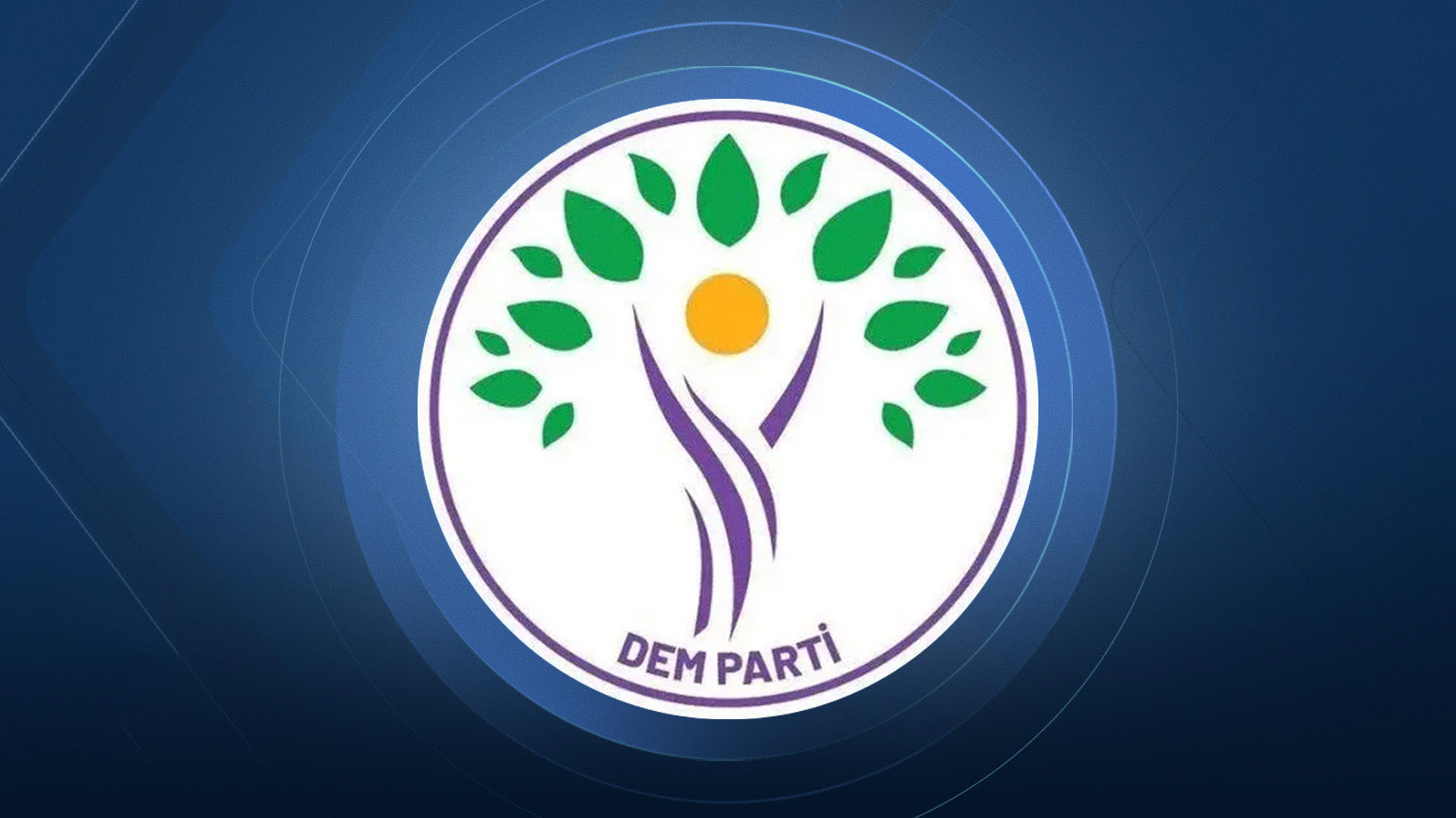Dem Party Voices Discontent Over AKP’s Penal Reform Package, Citing Exclusion of Political Prisoners
DEM Party rejects AKP's judicial reforms, demands political prisoner amnesty. PKK insists no peace without Ocalan's involvement. Kurdish parties call for inclusive legal changes.

By Ahora Qadi
ERBIL (Kurdistan24) – The Peoples’ Equality and Democracy Party (DEM Party) has expressed its dissatisfaction with the Turkish ruling Justice and Development Party’s (AKP) latest judicial reform package, arguing that it fails to address the longstanding demands of pro-Kurdish political circles, particularly concerning political prisoners.
The AKP submitted its 10th legislative amendment package on penal reform to the Turkish parliament this week, presenting it as a significant step toward enhancing judicial efficiency and social stability. However, DEM Party officials have voiced frustration that their expectations, particularly the inclusion of political prisoner amnesty, were not incorporated.
AKP's Proposal: Legal Revisions Without Reconciliation
AKP parliamentary group leader Abdullah Güler announced that the reform package includes 30 articles aimed at revising the Penal Code and eight additional laws. Deliberations will begin on May 31 within the parliament’s justice committee. Güler stated the reforms seek to “ensure justice in sentencing and strengthen societal security.”
According to the Ministry of Justice, Turkey currently holds over 403,000 prisoners. Güler noted that approximately 19,800 inmates, including second-time offenders who have served three-quarters of their sentence, as well as female and underage inmates, may benefit from early release. The package also includes humanitarian provisions allowing for the release of 1,500 to 2,000 sick inmates.
“We are continuing our committed work under the vision of a terrorism-free Turkey,” Güler stated, pledging further reforms if necessary in line with future developments.
DEM Party: Exclusion of Political Prisoners Unacceptable
In contrast, Sezai Temelli, deputy parliamentary group chair of the DEM Party, criticized the draft law for omitting key components, particularly legal relief for Kurdish political detainees. “The most essential issue is the inclusion of provisions for political prisoners,” he said. “This package does not meet our expectations.”
The DEM Party had previously requested such legal reform as part of its constructive engagement in the Kurdish peace process. The current proposal, Temelli stated, undermines that engagement and ignores the humanitarian needs of hundreds of political prisoners, including imprisoned Kurdistan Workers' Party (PKK) leader Abdullah Ocalan.
PKK: No Disarmament Without Ocalan’s Involvement
In a related development, senior PKK figure Duran Kalkan criticized the Turkish government’s failure to implement even minimal legal reforms necessary for reviving the peace process. Speaking to PKK-affiliated media, Kalkan reiterated that “only Ocalan has the authority to lead any disarmament process.” He warned that unless Ocalan is granted the freedom to operate politically, no progress can be made.
“Turkey’s rulers lack seriousness. Therefore, the PKK will not take any initiative until a real step is taken,” he said, reaffirming the group’s stance that any ceasefire or disarmament must be negotiated through Ocalan directly.
Kurdish Legal Reforms Tied to Peace Efforts
The latest dispute emerges amid broader Kurdish demands for structural legal reforms, including an end to what they see as the criminalization of political expression and assembly. Kurdish political parties have long argued that meaningful peace in Turkey requires recognizing cultural rights and ensuring legal equality.
While the AKP continues to frame its legislative initiatives as part of a national security strategy, Kurdish representatives see them as politically selective and insufficient for building trust.
As the parliamentary committee prepares to review the draft law, the DEM Party is expected to push for amendments and renew its calls for inclusive reforms that address the core demands of Turkey’s Kurdish population. Whether the AKP will accommodate those demands remains uncertain.